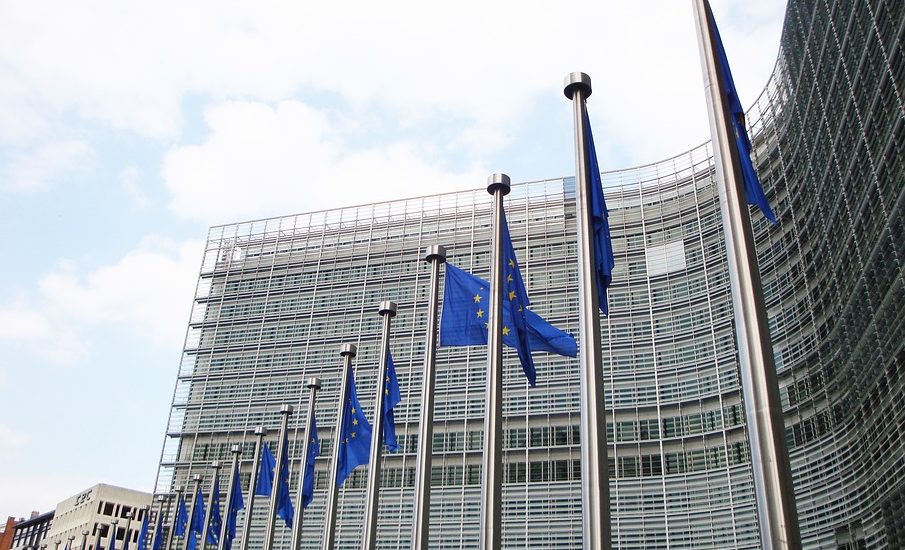Urban wastewater collection and treatment - European Commission reports improvements across the EU
- September 22, 2020
- Posted by: administrator
- Category: Research Papers, Water Treatment, White Papers, Europe

The European Commission has published the 10th report on the implementation of the Urban Waste Water Treatment Directive (UWWTD) that shows an overall improvement in collection and treatment of waste water in Europe’s cities and towns, but points to different success levels between the Member States.
The report is part of the Commission’s zero pollution efforts and comes ahead of the Chemicals Strategy which will be adopted in the coming weeks.
The 10th report on the implementation of the Urban Waste Water Treatment Directive (UWWTD) shows that compliance rates with EU waste water collection and treatment rules are high and have increased compared to the previous reporting period. This helps prevent pollution of the environment. While the trend remains positive, full compliance with the Directive has not yet been achieved. Finance and planning remain the main challenges for the water service sector.
EU Commissioner for the Environment, Fisheries and Oceans Virginijus Sinkevičius said:
“This report confirms that the collection and treatment of waste water is improving all over the EU. The EU rules have played a crucial role in improving the quality of the rivers, lakes and seas on our continent, with a beneficial impact on European citizens’ health and quality of life.
“ However, progress has not been even and in some EU Member States waste water infrastructure needs better planning and more financing. We will now do our utmost to drive innovation and new investments in environmental infrastructure everywhere in Europe.”
The report shows that 95% of waste water in the EU is collected and 88% is biologically treated. While the trend is positive, there is still work to do – 1% of urban wastewater is still not collected and over 6% is not sufficiently well treated to meet secondary biological treatment standards.
Current level of investments in many Member States is too low to reach and maintain compliance with UWWTD in long term
However, the EC is warning that the current level of investments in many Member States is too low to reach and maintain compliance with the Directive in the long term, with several EU towns or cities still needing to build or modernise their infrastructure for collecting waste water, as well as to put modern treatment plants in place.
A recently published OECD study provides the European Union with a clear picture of investment gaps. The Commission will work with the relevant Member States to make the best use of the opportunities offered by the new Multiannual Financial Framework and the Recovery Plan for Europe by including water treatment and sanitation as a top priority.
The report covers over 23 500 EU towns and cities that fall under the scope of the Directive, where people and industry generate over 610 million population equivalents of waste water every year.
The Urban Waste Water Treatment Directive requires all Member States to ensure that their towns, cities and settlements properly collect and treat waste waterNext steps
The Commission has now launched an impact assessment to evaluate different policy options with the aim of modernising the Directive.
This includes, amongst others, finding ways to deal with contaminants of emerging concern such as pharmaceuticals and microplastics, and considering whether regular surveillance of waste water can enhance the EU preparedness in managing the COVID-19 pandemic, or similar diseases.
Click here to download the report in full
